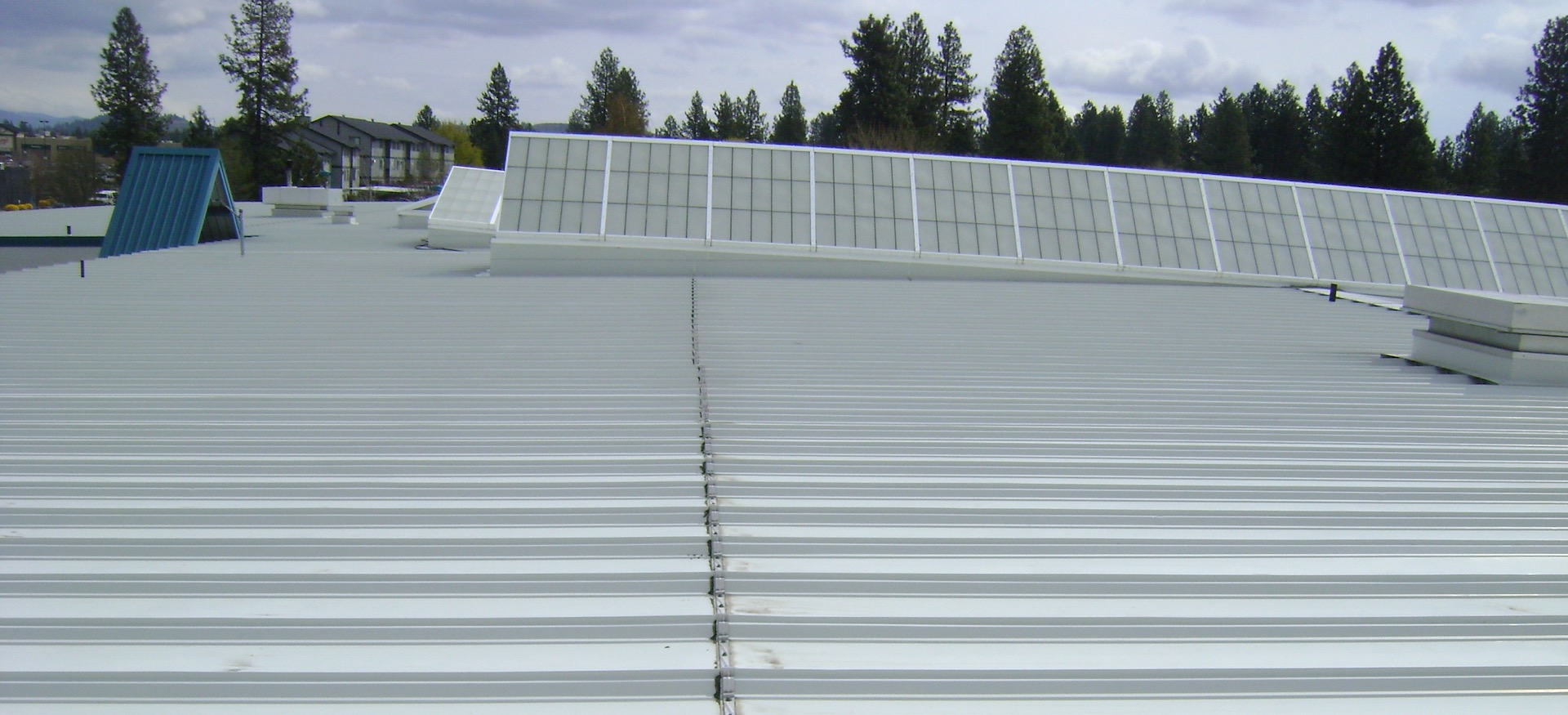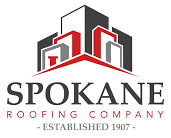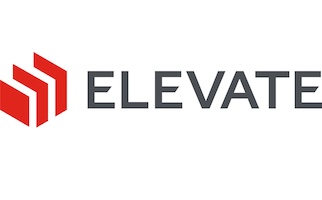
Commercial Metal Roofing Systems Guide
Commercial metal roofing systems have been around for almost 200 years, long before roofs were called ‘systems’. Metal roofs are still the best choice in many climates, presenting advantages over single-ply membrane roofing systems such as TPO and PVC. About one-third of commercial roofs are metal, but there are very few roofing contractors servicing the metal market. Spokane Roofing Company is one of the few.
Spokane Roofing is factory-certified by Metal Sales™ Manufacturing Corporation in Spokane Valley, WA and Elevate. We have the equipment, experience and expertise that many other commercial roofing contractors lack. Spokane Roofing even has its own in-house metal shop to fabricate custom parts, specific to commercial and industrial metal roofing applications.
Prior to the introduction of TPO and PVC roofing membranes, metal roofs were the standard in the commercial/industrial roof market. We’ve proven ourselves in the installation of all types of commercial, industrial and public works roofing systems. We’re seeing more and more commercial customers looking at the advantages of metal roof systems. Clients in the Inland Northwest are happy to see Spokane Roofing offering additional options and a greater range of services.
Commercial Metal Roofing Systems Costs
The initial materials and installation costs are higher for metal roofing systems, starting at about $8 per square foot. Metal roofs can last between 40 and 50 years with a minimum of maintenance, giving them a total cost of ownership similar to TPO or PVC. Different metal roof types, panel thicknesses, fastener visibility and many other factors affect total roofing system costs.
Metal roofs are durable in varying weather conditions and hold up especially well in extreme climates like ours. They are common in large manufacturing facilities and airport hangars, and in circumstances where corrosive chemicals eat through synthetic membranes.
Ongoing manufacturer and internal training are critical, because the application of a metal roof is so different from that of TPO or PVC. Spokane Roofing Company is unique in this growing market because we have so many versatile roofers, many who were doing metal before other materials became popular.
Applying a metal roof is more than just nailing panels on top of a building. It gets hot under a metal roof; so, it is important for architects to specify adequate ventilation. Special ice and water shields are required, as well. Metal roofing systems will never replace membrane roofing because metal cannot be applied on a flat roof. A large, sloped roof is ideal for metal.
TPO/PVC and metal roofing rarely compete with each other, except for re-roofing projects:
- TPO over commercial metal roof retrofit
- Steep slope metal roof over flat membrane or low slope metal roof retrofit.
TPO Over Commercial Metal Roof Retrofit
A commercial metal roof retrofit is a special type of roof recover project, optimally for low slope roofs. Spokane Roofing fills the roof flutes with prefabricated insulation, before installing a recover board and TPO membrane roofing. The result is a flat or low slope roof, covered in less expensive TPO, single-ply membrane roofing.
Steep Slope Metal Roof Over Flat Membrane or Low Slope Metal Roof Retrofit
A steep metal roof retrofit installs a new roof over an existing flat or low slope roof, thus creating a roof over a failing roof. Leaving the old roof in place simplifies installation and reduces the project cost. Any legacy asbestos material in the old roof is left undisturbed, as well.
Commercial Metal Roofing Systems Options
Commercial metal roofing systems offer architects and building owners many options, including:
- Roof Slope
- Panel Substrate
- Panel Thickness (Gauge)
- Roofing System Fastener
- Solar Reflectance and Thermal Emittance
- Roof Appearance.
Roof Slope
A low slope roof has less than or equal to a two foot rise over twelve feet horizontally, also known as 2:12. A steep slope roof has more than a two foot rise over twelve feet horizontally. Steep slope roofs can cost more than low slope, because steeper roofs are more difficult to install.
Panel Substrate
Roofing panel substrates include steel, weathering steel, aluminum and copper. Steel is the least expensive substrate, while copper is the most expensive.
Panel Thickness (Gauge)
Commercial panel thicknesses range from 29 gauge to 22 gauge, also known as medium weight.
Roofing System Fastener
The three most common types of commercial roofing fasteners are standing seam, exposed fastened and concealed fastened.
A Standing Seam Roof has interlocking panels that require no through fasteners.
An Exposed Fastened Roof has through fasteners that are visible after installation.
A Concealed Fastened Roof has through fasteners that are hidden from view after installation.
Solar Reflectance and Thermal Emittance
Solar Reflectance is the fraction of the total solar energy that is reflected away from a roof panel. Steep sloped roofs typically have a lower solar reflectance than do low slope roofs.
Thermal Emittance is the measure of a roof panel’s ability to release heat that it has absorbed. Steep and low slop roofs typically have similar thermal emittance characteristics.
Solar Reflectance Index (SRI) is a measure of a roof panel’s ability to stay cool in the sun by reflecting solar radiation and emitting thermal radiation. SRI is a function of both solar reflectance and thermal emittance. Staying cool in the sun can save money during hot summer months, by reducing a commercial structure’s thermal cooling load. Staying cool in the sun can cost money during cold winter months, by increasing a commercial structure’s thermal heating load.
Roof Appearance
Most flat roofs are not meant to be seen from street level. They either are too high to be viewed, or their view is obscured by parapet walls. In contrast to flat roofs, many commercial metal roofs are architected to be seen from street level. Color, finish, panel style and accessories play key roles in blending the roof into the architect’s overall design. Replacing a faded, aging metal roof can fix persistent leaks and restore your building’s vitality.
Color options can vary by region and panel substrate. Colors in the Western US region range from white to black, red to yellow and blue to green. Thinner substrates tend to have fewer color options, while thicker substrates tend to have more.
Steel roof panel finish is typically Galvalume®, an aluminum-zinc alloy coated steel. Weathering steel and copper panels might have no coating options at all.
Panel type can vary by region, primarily due to differences in weather conditions. Pacific Northwest weather ranges from rainy to dry, windy to calm and 100+ degree to sub-zero temperatures. Clip-Loc structural standing seam/concealed fastened panels (for example) from Metal Sales are engineered for dependable, long-lasting beauty under all of these weather conditions.
Commercial metal roof accessories include chimney pots, dormers and cupolas, finials and spires, snow retention systems, mitered corners and so on. These options are in addition to the flashing, trim and edge metal accessories found on all commercial roofs.
What Goes Under A Commercial Metal Roofing System?
What goes under a commercial metal roofing system depends upon the roof deck structure: open frame or solid substrate. An open frame roof deck can require nothing more than purlins (mounting points) between the roof panel and rafters/structure frame. A solid substrate roof deck can require flute fill, insulation board and high-temperature underlayment beneath the roof panels.
Metal Roofing Systems Much Harder To Specify
Specifying the right commercial metal roofing system is much harder than a comparable membrane roofing system. Spokane Roofing Company helps both architects and building owners to understand the commercial metal roofing systems that best fit their structures’ needs. Call Spokane Roofing’s manufacturer-certified, metal roofing experts today at (509) 838-8633 to discuss your next commercial roofing project.

